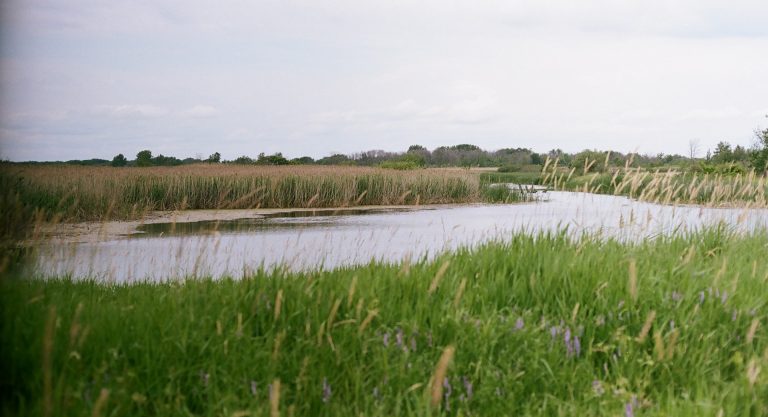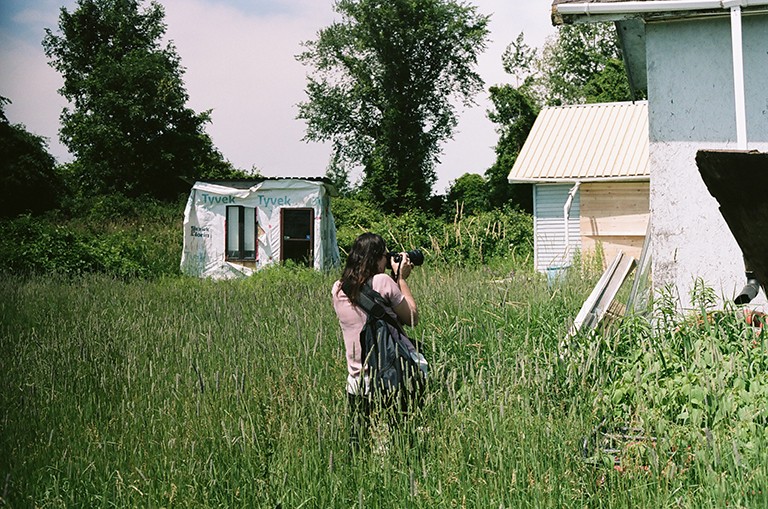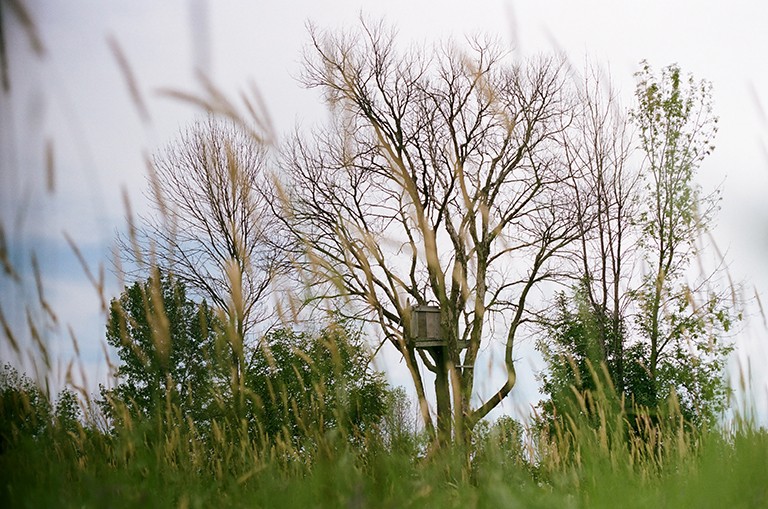Concordia researchers tell the story of a people displaced by a municipal park

On February 20, municipal officials revealed the latest development plans for Montreal’s Île Sainte-Thérèse. It’s an island nestled between the neighbourhood of Pointe-aux-Trembles and the suburb of Varennes. And it’s slated to be transformed into an urban oasis where Montrealers can connect with nature through agrotourism, walking and cycling trails and designated picnic areas.
Mock-ups depict happy families enjoying the future amenities of Île Sainte-Thérèse. But what they don't tell you is that residents of dozens of family cottages were evicted from the island to make room for the park after a seven-year court battle.
With the help of a team of ethnographic researchers at Concordia, the voices of those who have called Île Sainte-Thérèse home for more than a hundred years are fighting to be heard and remembered.

Ethnography and activism
Amidst the COVID-19 pandemic, news first emerged about the evictions of Île Sainte-Thérèse. This sparked the interest of Kregg Hetherington, director of the Concordia Ethnography Lab at the Milieux Institute.
At the end of 2021, a group of researchers led by Hetherington and his student, John Neufeld, met with residents of Île Sainte-Thérèse to learn more about their plight.
"We reached out to them and were overwhelmed by their generosity, even at a moment of grief at losing the island," Hetherington explains. "Still shaken by the loss of their land, they told us that one of the biggest blows was the erasure of their history, the erasure of their families, from the story of the island."
Soon after, Hetherington and his team of graduate students published "An Island Is More Than a Park," a detailed ethnographic study based on their interactions and interviews with local residents that delves into the multi-layered history of the island and what led to its current fate.

A story of class, property rights and green gentrification
The residents, predominantly working-class Quebecois families, had historical ties to the island dating back to the late 19th century. Their homes, initially makeshift cottages, evolved into permanent residences, where generations of families would enjoy island life.
Once owned by a monastery, the island was later sold to the city, which envisioned transforming it into a public park. When the master plan for such a transformation was unveiled in 2012, it was easy to overlook the residents' long-standing presence and their historical significance, due mainly to precarious property rights.
"Despite having lived on the island for decades, residents never had any formal deeds," Hetherington explains. "Mix this with the fact that many of the cottages are not very attractive and that there is no running water or electricity on the island, and it was easy to frame the residents as unwanted squatters instead of people with deep ties to Île Sainte-Thérèse."
Citizens as users, not residents
For Maya Lamothe-Katrapani, a master's student in anthropology who worked with the residents of Île Sainte-Thérèse, the redevelopment of the island exemplifies how smart and green cities are turning citizens into "users."
"People are not residents, not locals, nor co-creators, but users of the technologies and infrastructures of urban life. The fact that the presence of the residents of Île Sainte-Thérèse is denied demonstrates that 'green' living in the city is increasingly becoming a luxury."
Though residents have lost their fight and will ultimately be evicted, they continue to fight to be remembered and consulted on the future of the island.
According to Hetherington, there is a sad irony to the transformation of Île Sainte-Thérèse.
"From the beginning, residents were never against the island being turned into a park. In fact, they had been calling for decades on the city and province to pay more attention to Île Sainte-Thérèse,” he notes.
“When someone finally paid attention, they told these same residents they had a few months to leave. Instead, residents called for a more human park, one that is open to the enjoyment of many, that tries to protect the creatures and landscapes on the island, but also recognizes the possibility that people might have a place in the natural environment."
Learn more about the Milieux Institute and the Concordia Ethnography Lab.


